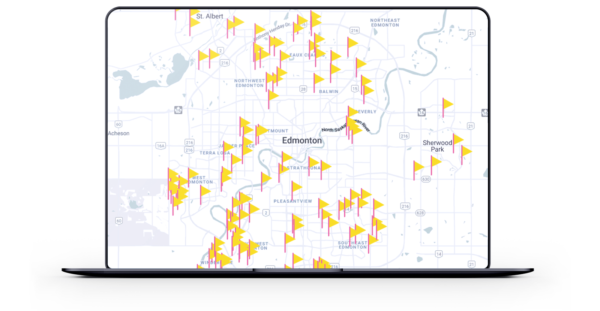Edmonton Web Design & Development Company
Discover the Roadmap for Digital Growth
Unlock your website's full potential through our seamless approach to strategic planning, innovative web design, and integrated SEO and growth tactics.
Hi, we're Holler Digital a leading Edmonton web design company that specializes in responsive design, custom website development, and search engine optimization (SEO) for campaigns, organizations, and companies looking to grow trust and ultimately increase user conversions.
Our Recent Work
From Vision to Reality: Employing Strategy, Technology, and Design for Digital Transformation

Digital Strategy
Digital strategy forms the bedrock of success in any project, employing targeted digital technologies to drive sales, elevate customer engagement, generate leads, and sharply increase market competitiveness.

User Experience & Web Design
Strategically designed websites that achieve core business goals, look professional, and are optimized for all screen sizes & search engines.

WordPress Websites
Powering over 40% of all websites, we design and build websites for the world's most popular content management system.

E-commerce & Subscription sites
Developing dynamic e-commerce websites tailored to sell any product, our solutions are not only reliable and scalable but also seamlessly integrate with your existing business processes, growing in tandem with your evolving needs.
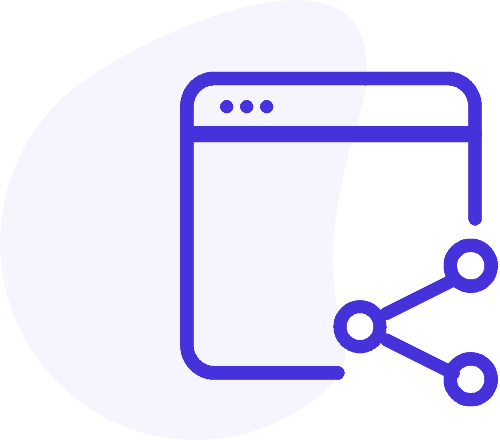
Custom Web development
We work in a wide variety of coding technologies to develop high-performing customized Enterprise websites and Web applications optimized for performance and custom business functionality

Search Engine Optimization (SEO)
Grow your audience organically with our local and international SEO services and gain more organic search engine traffic, customers, and sales.

Web Hosting and Management
Don't get caught with your website down! Let the experts take care of all the technical aspects of owning a website, ensuring uninterrupted operation, top-notch security, and continuous optimization for peak performance and user experience.

Email and SMS Campaigns
Utilize the most important sales tool in any business, your email list. Run meaningful email and activation campaigns that successfully convert subscribers into action-takers, and paying customers.

CRM and Automation
Put your business on autopilot with our world-class CRM software, designed to streamline your customer relationships, automate key processes, and deliver insights that drive growth and efficiency.
We work with some amazing people.


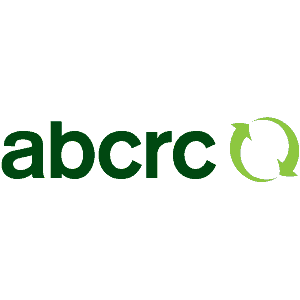


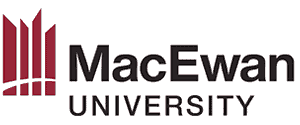



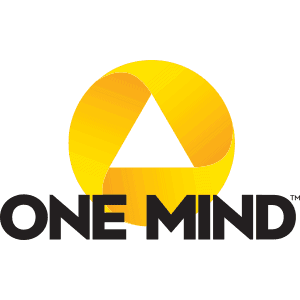
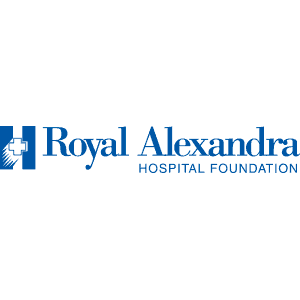


FAQ
Don’t worry, we’ve got your back. Here is a list of common questions and answers to help you on your way!
